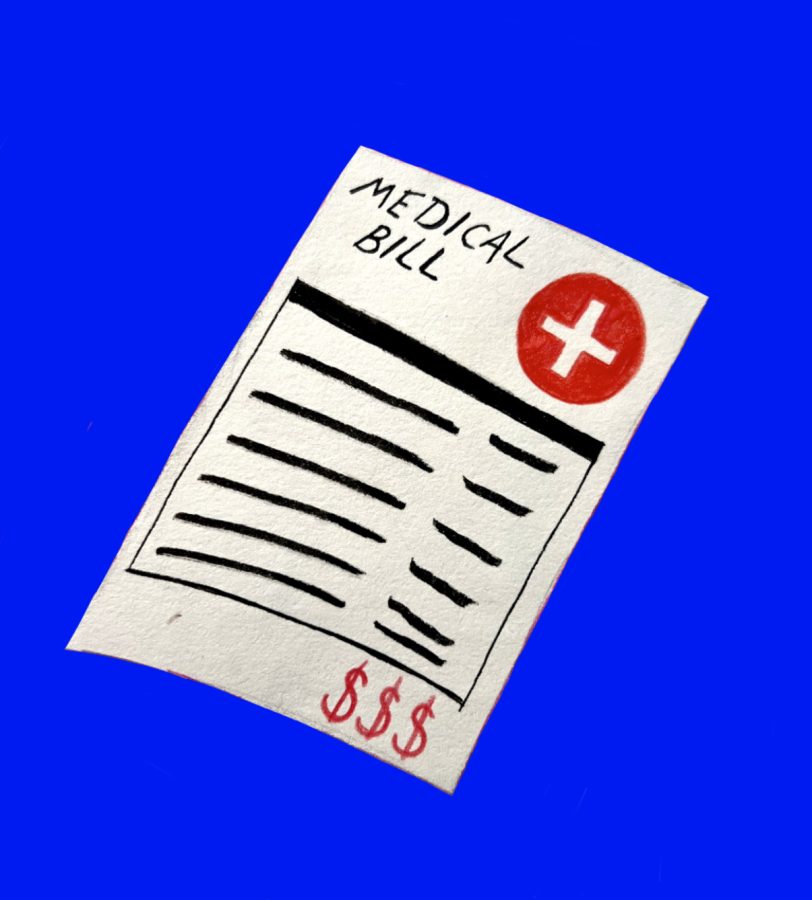New bill filed in Texas Legislature seeks to increase medical transparency amid increased medical debt
March 10, 2023
A bill filed by State Rep. Caroline Harris aims to increase medical transparency by requiring hospitals to provide patients with an itemized bill for all treatments administered during the patient’s stay.
House Bill 1973 states healthcare providers must issue an itemized receipt with a “plain language description of each distinct healthcare service or supply” and debt collection cannot be pursued until the receipt has been given. The proposed measure aims to address the issue of extreme medical debt at a time when at least 100 million Americans have medical debt to pay, according to the Texas Tribune.
Harris told KXAN that she hopes this bill will help to lift the burden medical debt creates by making it easier for people to understand their healthcare better.
Nonprofit organization Texas Dollar For spreads awareness of financial assistance programs available at nonprofit hospitals for qualifying patients. The group works with community partners in Austin to help vulnerable patients understand that financial aid is available, said Karthik Venkudusamy, co-president of Texas Dollar For.
“Forcing these hospitals to show patients an itemized receipt definitely opens their eyes … and allows them to advocate for themselves,” biochemistry junior Venkudusamy said. “They can say ‘Hey, I was overcharged for this,’ or ‘I was not supposed to be charged for this,’ and that puts power back in the patient’s hands.”
Ria Goyal, co-president of Texas Dollar For, said a bill like HB 1973 might not be enforced. An Oregon law put the responsibility of determining the patient’s eligibility for financial assistance on the hospitals, but the law was not adequately enforced, according to a Dollar For report.
As patients often receive different bills from one stay, questions of when and how many itemized bills should be provided might arise, Todd Olmstead, an associate professor at LBJ School of Public Affairs, said in an email.
Olmstead said if the hospital gave the bill prior to patient intake, hospitals would need to use different payment systems like a bundled payment model, which requires providers to work together to coordinate care, so patients only have to make one comprehensive payment rather than multiple, according to the American Hospital Association.
Venkudusamy said although this bill is helpful in addressing the problem of medical debt, it is only a first step and the government should help make itemized bills more accessible for hospital patients.
“The legislature should force hospitals to be more transparent with patients,” Venkudusamy said. “Not only with itemized bills, but also with the ways (patients) can get enrolled with certain medical programs and financial assistance programs that can help them with their medical debt.”












